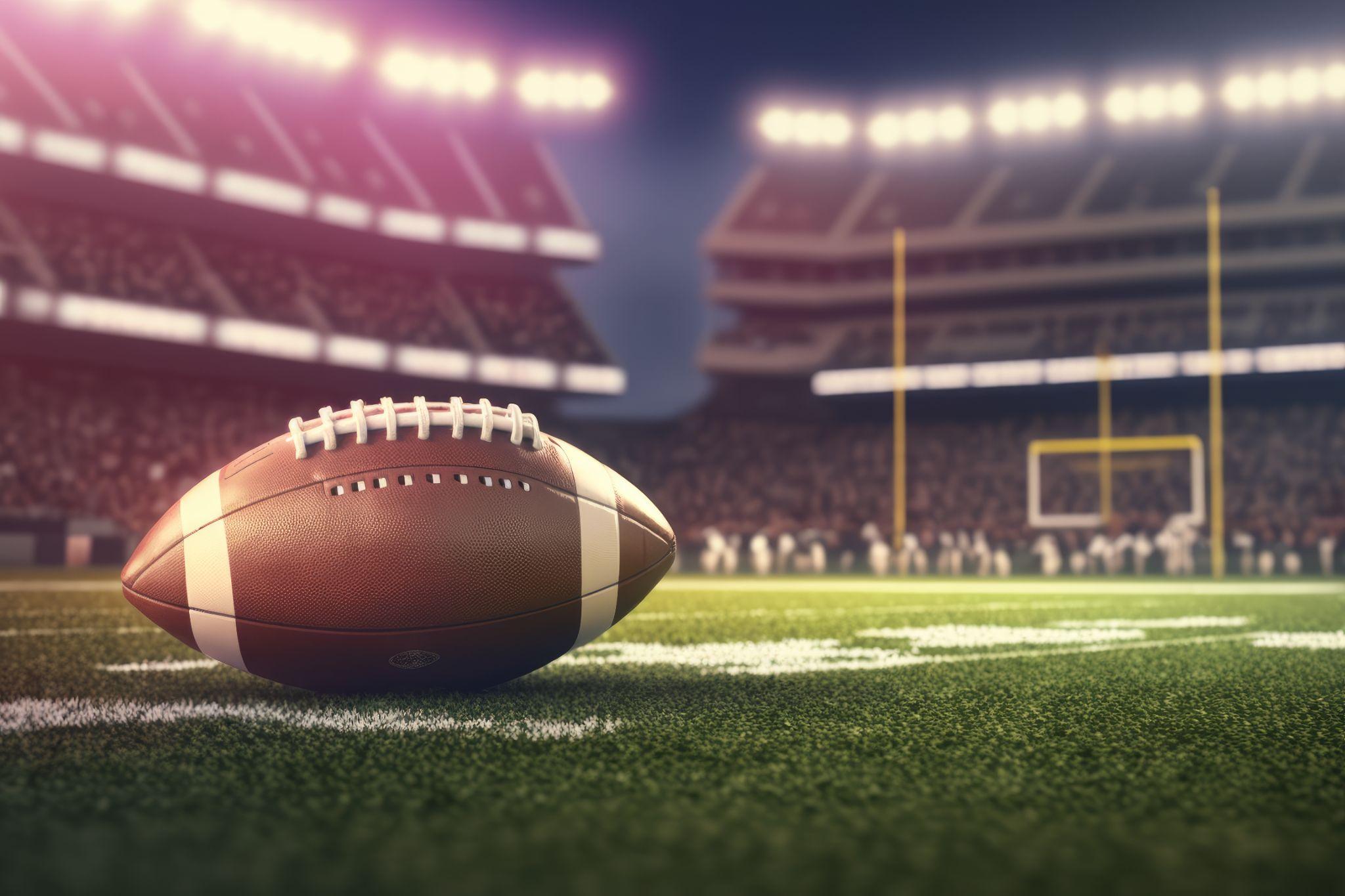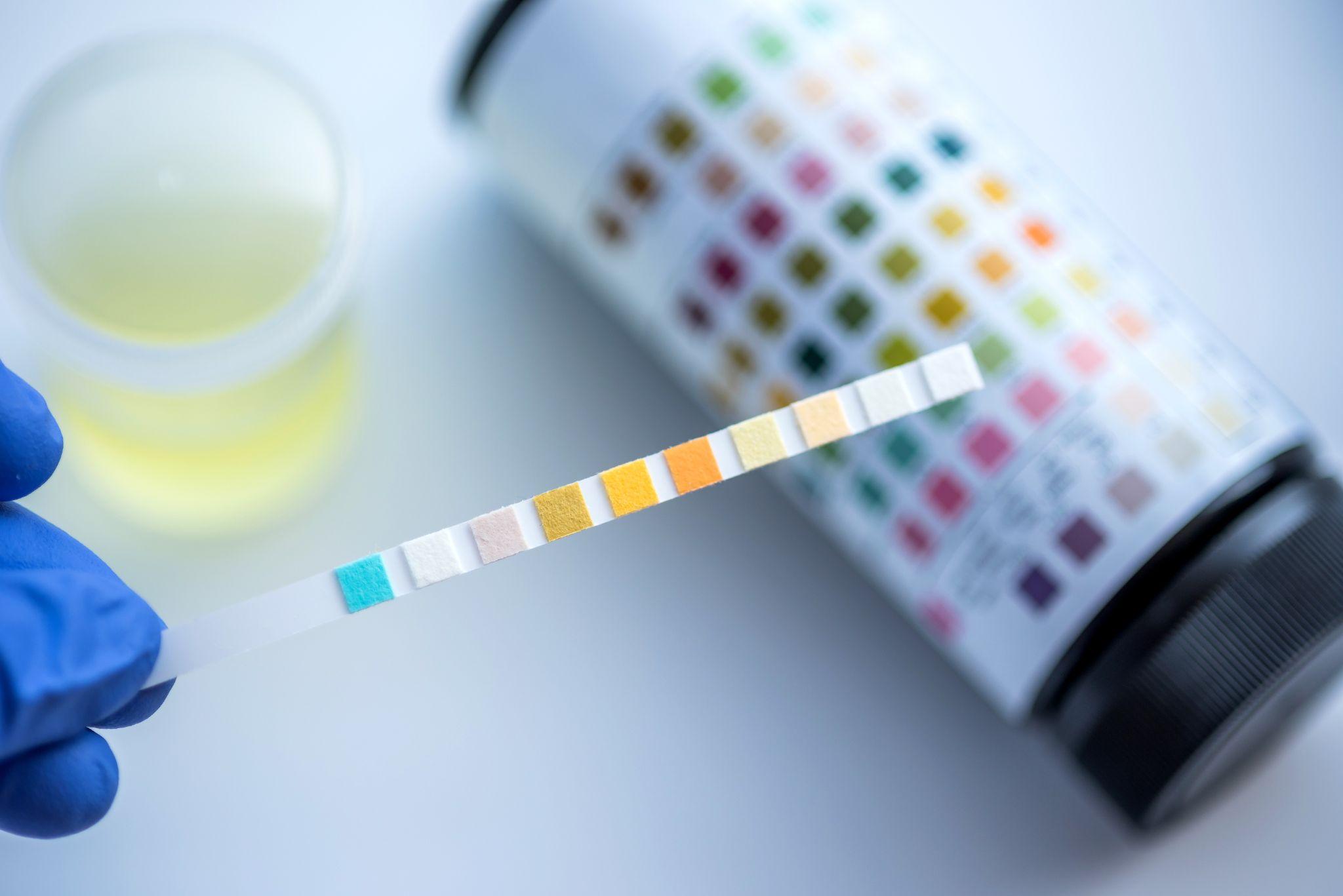Professional football players are often not only under pressure to perform and win, but must also endure the high physical stress and injury that’s simply part of playing the sport. This has led to the growing problem of prescription drug and alcohol misuse and addiction.
How Serious Is Drug Use in the NFL?

NFL players have been using performance-enhancing substances like anabolic steroids to enhance performance since the late 1960s. Two decades later, it was estimated that half of all NFL players were taking some form of pharmaceutical drug to enhance their performance.1
The drugs being used most by NFL players in recent years are anabolic steroids, Adderall, and opioids. Wide receiver Josh Gordon, who was released from the Seattle Seahawks in 2021, is just one of many examples of a player with multiple substance abuse violations.
Why NFL Players Use Performance-Enhancing Drugs
NFL players face intense pressure to perform at a top level, with high expectations from fans, coaches, and themselves. This can lead some to use performance-enhancing drugs (PEDs) to get an edge or recover faster from injuries. The need to keep their spot, earn big contracts, and handle the sport’s physical demands can drive players to these risky substances.
The Consequences of Drug Use Among NFL Players

Cost to the NFL
Drug use among NFL players has significant financial and reputational impacts. The league spends heavily on drug testing and enforcement. When players are caught using banned substances, the costs include:
- Financial Penalties: Substantial expenses for testing, suspensions, and fines for violations.
- Reputation Damage: Scandals hurt the NFL’s image, leading to less trust from fans and sponsors, lower viewership, and reduced sponsorship deals.
- Team Disruption: Suspensions of key players disrupt team dynamics and performance, affecting game outcomes and fan support.
Health Risks for Players
Using drugs, especially PEDs and illegal substances, poses serious health risks for NFL players:
- Short-Term Effects: Increased aggression, mood swings, and poor judgment, leading to on-field incidents and off-field legal issues.
- Long-Term Health Consequences: Chronic health problems like heart and liver damage and mental health disorders. Physical toll can lead to severe injuries and shortened careers.
- Addiction: Substance abuse can quickly turn into addiction, requiring long-term treatment and rehabilitation, affecting both careers and personal lives.
Commonly Abused Substances
Adderall
Adderall’s original purpose is for the effective treatment of ADHD in adults and children. However, the fact that Adderall is a combination of two stimulants—dextroamphetamine and amphetamine—also makes it popular among football players because it:
- Improves reaction time, particularly when taken during periods of fatigue
- Enhances concentration
- Increases aggressiveness
- Increases alertness
Adderall also masks pain, which also can be ideal for football players who endure significant physical stress and injury during gameplay.
Over time, however, Adderall misuse has a number of mental and physical side effects. These include the development of heart disease, abdominal pain, weight loss, and insomnia, as well as:
- Sexual dysfunction
- Breathing problems
- Paranoia
- Anxiety
- Depression
As misuse continues, it becomes impossible to feel pleasure without taking the drug, which leads many NFL players to continue use and develop an addiction.
Opioids
Opioids have now gained worldwide attention as an epidemic. In the world of elite football players, a study of retired NFL players revealed that not only do they misuse opioids four times more than the general population but that, while in the NFL, just over half of these players used some sort of prescription pain medications.2
What was additionally worrying is that a large percentage of retired players who admitted misuse of prescription painkillers also stated they used non-medical sources like team doctors and trainers to obtain these drugs.
While it’s true that opioids are a powerful painkiller and relaxant, over time the misuse of this class of drug can have a number of neurological and psychological side effects. Ironically, they can cause a greater feeling of pain, as well as a compromised immune system, and:
- Severe cravings
- Sleep issues
- Bone and muscle pain
- Vomiting
- Diarrhea
- Depression
Severe withdrawal symptoms can occur when attempting to stop opioids. Unfortunately, opioids also carry an incredibly high risk for addiction, even at low doses, which can mean that high numbers of individuals can become addicted to them quickly.
Anabolic Steroids
Anabolic steroids represent another performance-enhancing drug popular among NFL players. These synthetic testosterone and growth hormone products are chosen for their ability to aid in rapid muscle-building and improve performance.
These drugs are typically used to treat muscle-wasting diseases like AIDS and cancer, as well as delayed puberty, among other conditions.
While this legitimate use is by no means problematic, the misuse of steroids occurs at far higher doses than those that would be prescribed by a medical professional. Often, the dose may be between 10 and 100 times the strength of legitimate prescription dosages.3
At these levels, steroids have a number of negative mental and other health effects, including:
- Extreme aggression
- Delusions
- Mania
- Impaired judgment
- Extreme paranoid jealousy
- Increased blood clot risk
- Kidney and liver problems and damage
- Increased blood pressure
- Enlarged heart
- Decreased sperm count
Over time, steroid use can affect the pleasure centers of the brain, leading to dependence and addiction.
What Is the NFL Doing About Drug Use Among Their Players?

The National Football League employs a multi-pronged approach to curb the use of the above and other substances among their players.
The league has a drug testing season which begins on April 20th each year. Any player notified of their selection for a drug test must complete it within four hours of being notified, or they risk fines and possible suspension. As well, any test occurring outside the 4-hour window is considered a positive result.
Another approach used by the NFL is to randomly test for performance-enhancing drugs year-round, including in the off-season, with game suspensions if players test positive. The league is also involved in educating its players on the dangers of illegal prescription drug use and addiction.
Since the rules were revised in 2021, there is one exception to drug testing: marijuana. Players are required to take only one marijuana test per year, at the start of training camp. In 2024, Chiefs tight end Travis Kelce estimated that 50-80% of NFL players use marijuana.4
Fines for some NFL teams have reached millions of dollars, which impact player salaries and result in negative press coverage for teams. These are used as encouragement for teams to crack down on substance abuse among their players.
Despite the methods in place to curb substance misuse like suspensions for failed drug tests, not all tests detect all substances. Along with this, some teams only encourage players to resist taking certain substances and can be lax in their testing. This has only led to continued use and increased risk for addiction among players.
How Professional Football Players Can Get Help
The pressure on an NFL player to keep performing at the same level, regardless of injuries sustained, can be incredibly high. Addiction doesn’t discriminate; it can occur in anyone, regardless of age, gender, class, or level of chosen sport.
Adelante Recovery Centers in Orange County, California, offers specialized addiction treatment for athletes. Our highly reputable facility administers both inpatient and residential addiction treatment in a beautiful and tranquil setting.
We employ a combination of cutting-edge drug and alcohol detoxification techniques and customized approaches for highly individualized and top-rated treatment. If you are ready to break free of addiction and return to the life and the sport you love, call to speak with an addiction specialist today: (949) 427-9099.
Sources:
- https://en.wikipedia.org/wiki/Doping_in_American_football
- http://www.espn.com/espn/eticket/story?page=110128/PainkillersCurrentUse
- https://www.drugabuse.gov/publications/drugfacts/anabolic-steroids
- https://www.cbssports.com/nfl/news/chiefs-travis-kelce-estimates-up-to-80-percent-of-nfl-players-use-cannabis/

